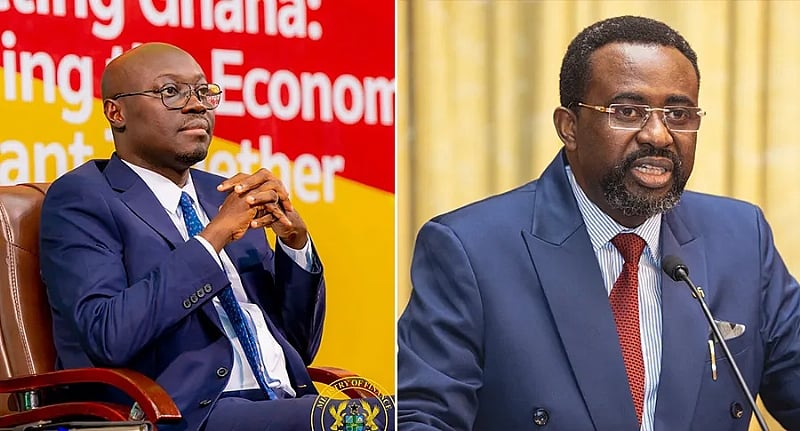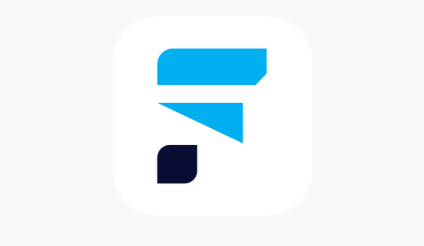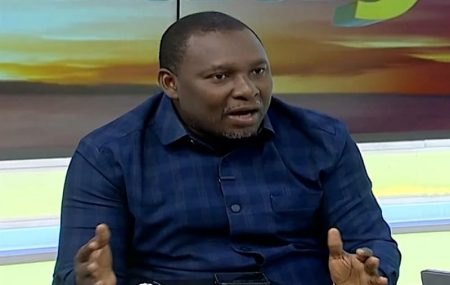The Ghanaian financial market is experiencing a significant shift in investor behavior, characterized by a growing preference for Bank of Ghana (BoG) bills over Government of Ghana (GoG) treasury bills. This trend, observed over six consecutive weeks, has seen the government consistently missing its treasury bill targets, raising concerns about the financing of recurrent expenditure and the potential impact on public services.
The driving force behind this shift is the disparity in interest rates offered by the two instruments. While interest rates on GoG treasury bills have steadily declined from an average of 30% at the beginning of the year to around 15%, the BoG has maintained higher interest rates on its bills, making them significantly more attractive to investors seeking optimal returns. This rational investor behavior, driven by the pursuit of higher yields, is diverting funds away from government securities and towards the central bank’s offerings.
BoG bills, typically used as a monetary policy tool to manage inflation and liquidity, were not designed to compete with government treasury bills as a source of government funding. However, the BoG’s strategy of raising interest rates to combat inflation and absorb excess liquidity has inadvertently created a more lucrative investment opportunity for investors. This has resulted in a situation where investors are prioritizing BoG bills, further exacerbating the government’s struggle to meet its financing needs through treasury bill issuances.
The implications of this trend are far-reaching and pose a significant challenge to the government’s fiscal stability. The government relies heavily on treasury bills to finance short-term obligations, including salaries, debt servicing, and essential public services. The consistent undersubscription of these bills creates a funding gap, potentially leading to delayed payments, reduced public spending, and the possible introduction of new taxes to bridge the shortfall.
The continued investor flight from GoG treasury bills could also force the government to incur higher borrowing costs in the future or to completely revise its debt issuance strategy. A prolonged period of undersubscription could damage investor confidence in government securities, making it more expensive for the government to raise funds in the future. This could lead to a vicious cycle of rising debt costs and increasing pressure on public finances.
The current situation underscores the delicate balance between monetary policy and fiscal needs. While the BoG’s efforts to control inflation and manage liquidity are crucial for macroeconomic stability, the unintended consequence of attracting investors away from government securities creates a fiscal challenge that needs to be addressed. Finding a sustainable solution that balances the needs of both monetary and fiscal policy will be critical for ensuring the long-term stability of the Ghanaian economy. This might involve exploring alternative financing mechanisms for the government, or adjusting the interest rate policy to find a more balanced approach that supports both inflation control and government funding needs.














